If Damp January is Dry January’s more laid-back cousin, then the One Week Method is its distant uncle who comes around every so often (once a month, to be exact). As the name implies, the viral take on cutting back on alcohol asks that you go seven days without imbibing every month for an entire year. Sounds easy enough, especially compared to holding off on booze for an entire month. Plus, it may come with some major health benefits. The brains behind the approach, wellness influencer Bridget Stangland, swears she has less brain fog, quality sleep, and improved skin because of it. Whether you’re over Dry January or are sober-curious, read on for everything you need to know about the One Week Method, including how to give it a shot (no pun intended).
MEET THE EXPERT
Bridget Stangland
Bridget Stangland is a wellness influencer and founder of the One Week Method coaching service.
What is the One Week Method?
After realizing how much of her social life centered around alcohol and struggling to find a balance between drinking alcohol and a healthy lifestyle, Stangland started studying habit change and sought to create a small shift that felt easy in every area of her life. In a now-viral TikTok video, she expressed that she felt like there were no alternatives to the all-or-nothing mentality when it came to drinking, and she wanted to prove that you can build healthy habits that don’t have to be so drastic to feel good and to make a big impact on your overall well-being. “Small changes lead to the biggest results because they create consistency,” she said on her website. Thus, the One Week No Booze Method was born.
The method entails taking one week off of drinking alcohol every single month. By the end of the year, you’ll have a cumulative total of three alcohol-free months. Rather than participating in “Dry January” or “Sober October” and depriving yourself of any alcohol for the entire month, cutting back on it one week at a time can feel much more manageable (and when something is less daunting, we’re more likely to start). According to Stangland, there are no rules to the One Week Method. If you already completed the One Week Method for the current month and notice how bad you physically feel after having a drink the next week, you can do another round of the method in that same month. You can do it as many times as you’d like throughout the year, as opposed to abstaining from alcohol just a single month out of the whole year with Dry January. For those ready for a greater challenge from the get-go, you can aim for going without alcohol for two weeks each month (resulting in half the year going alcohol-free). “This is a method where you have a choice because only you know what is best for you,” Stangland said.
What Are the Benefits?
Beyond limiting hangovers, the One Week Method delivers other perks. Stangland shared that many use the One Week Method as a starting point to limit alcohol even more; some in her community have noticed such positive changes (e.g., less irritability, more mindfulness, increased productivity) that they’re now drinking only one to two days a month or on special occasions, or they’ve gone entirely alcohol-free. Other physical and mental health benefits of taking a break from alcohol can include supple skin, weight management, stronger immunity, better sleep, and better concentration and mental clarity. “I just feel so present,” Stangland expressed to TODAY. “And then driving myself home and not having to spend on an Uber, climbing into bed and feeling that clear-headed feeling… I’m like, this is amazing.”
Your wallet will feel the beneficial effects of the One Week Method, too. Bottles of wine in your grocery haul or cocktails during a night out can add up quickly. Stangland expressed that the method has helped people save hundreds of dollars by the end of the year just by skipping margaritas and mimosas for a week at a time. Aside from health and financial advantages, going sans booze can help shed light on your relationship with alcohol and give you the insight you need to set healthy boundaries. Ask yourself these questions: Are you often peer-pressured into having “just one more drink?” Do you resort to a glass of wine when you’re stressed? How does drinking affect your sleep, exercise, and nutrition behaviors?
Tips to Try It for Yourself
Be strategic about which week out of the month you pick
You can start the One Week Method at any time—you don’t have to wait for January or the start of a new month. But make sure you pick the week carefully to set yourself up for success. In a TikTok video, Stangland recommended starting the method during a week you’ll be less tempted to drink like when you don’t have a lot of social commitments. Look at your calendar a month in advance, determine which week you’ll abstain from alcohol, and follow through with your plan of action.
Listen to your body and progress throughout the year
Once you master a timeline that feels manageable for you (such as one week out of the month), check in with your body and allow yourself to progress throughout the year. For example, after you’ve mastered one week, try going booze-less for two weeks at a time. Stangland suggested that as you continue practicing the One Week Method month after month, challenge yourself by intentionally picking a week that overlaps with an activity that typically involves drinking alcohol like a girls’ night; it will prove that you don’t need to drink alcohol and you can have just as much fun without it. Or, as some of Stangland’s devotees practice, perhaps you adapt the approach for special occasions only. Maybe you keep extending “the week” and eventually give up alcohol altogether. “Pick a small goal, go from there, and see what you can achieve,” Stangland conveyed to TODAY.
Focus on the positives, and don’t be too hard on yourself
The key to nailing the One Week Method is to focus on what you’re gaining from it, not what you’re lacking. Instead of thinking I don’t get to drink, reframe it as, “Wow, I’m sleeping better,” “My skin looks better,” “I’m really present in conversations,” “I got up earlier and went to my workout class,” or, “Wow, I did really well at work this week.” Rather than viewing it through the lens of a restrictive plan you can fail or succeed at, it’s about building off the positives and supporting your body throughout the process.
Stangland recommended having go-to “natural dopamine boosters” that you can reach for to replace alcohol habits. For example, if you tend to have a glass of wine after a stressful day, what are some other ways you can destress? Is it a bubble bath, calling a friend, or drinking calming tea before bed? If your friends typically enjoy a bottomless mimosa brunch, what are other ways you can have fun with your social circle—going on a hike, grabbing smoothies, or hosting a game night? The point is not to limit or restrict, but to replace the joy you found through alcohol in other ways. Most importantly, don’t be so hard on yourself. Say you got a promotion mid-week into the One Week Method and you decide to celebrate over drinks with friends. That’s OK—you can start again any time. “If you do slip up, there’s no reason you can’t start again the next day, week, or month,” Stangland said.
Please consult a doctor or a mental health professional before beginning any treatments. Always seek the advice of your physician or other qualified health provider with any questions you may have regarding a medical or mental health condition. Never disregard professional medical advice or delay in seeking it because of something you have read in this article.
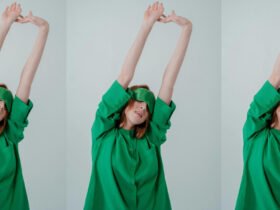


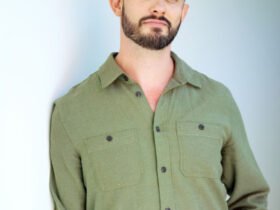




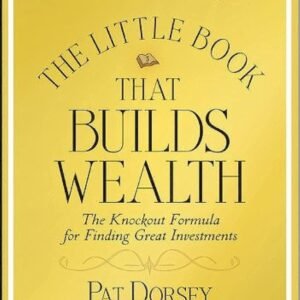




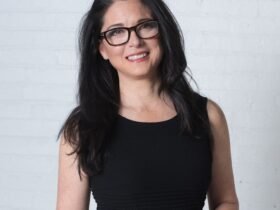
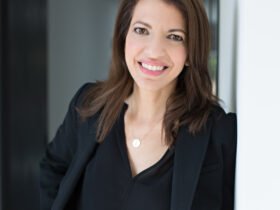


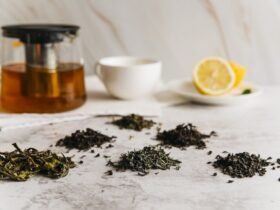

Leave a Reply